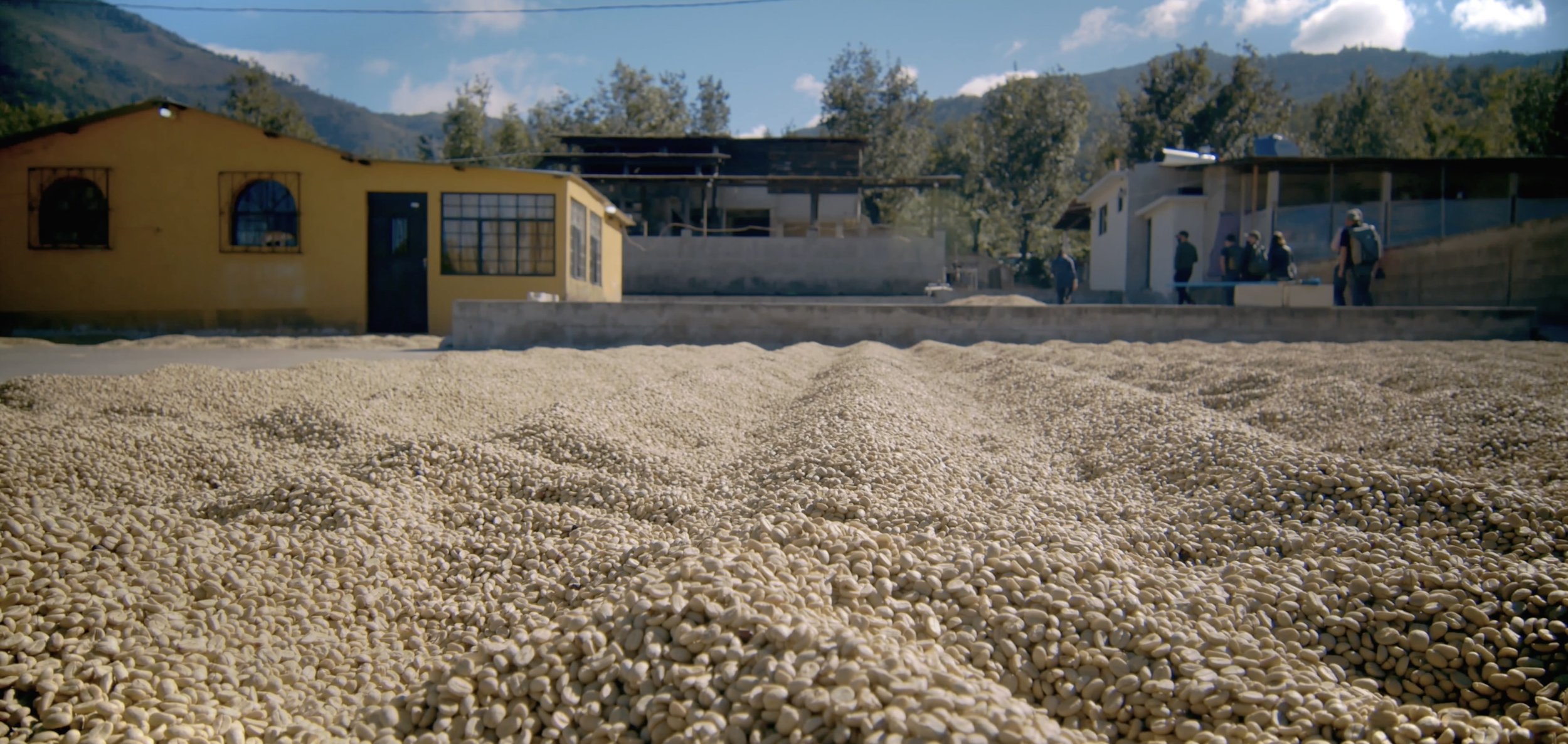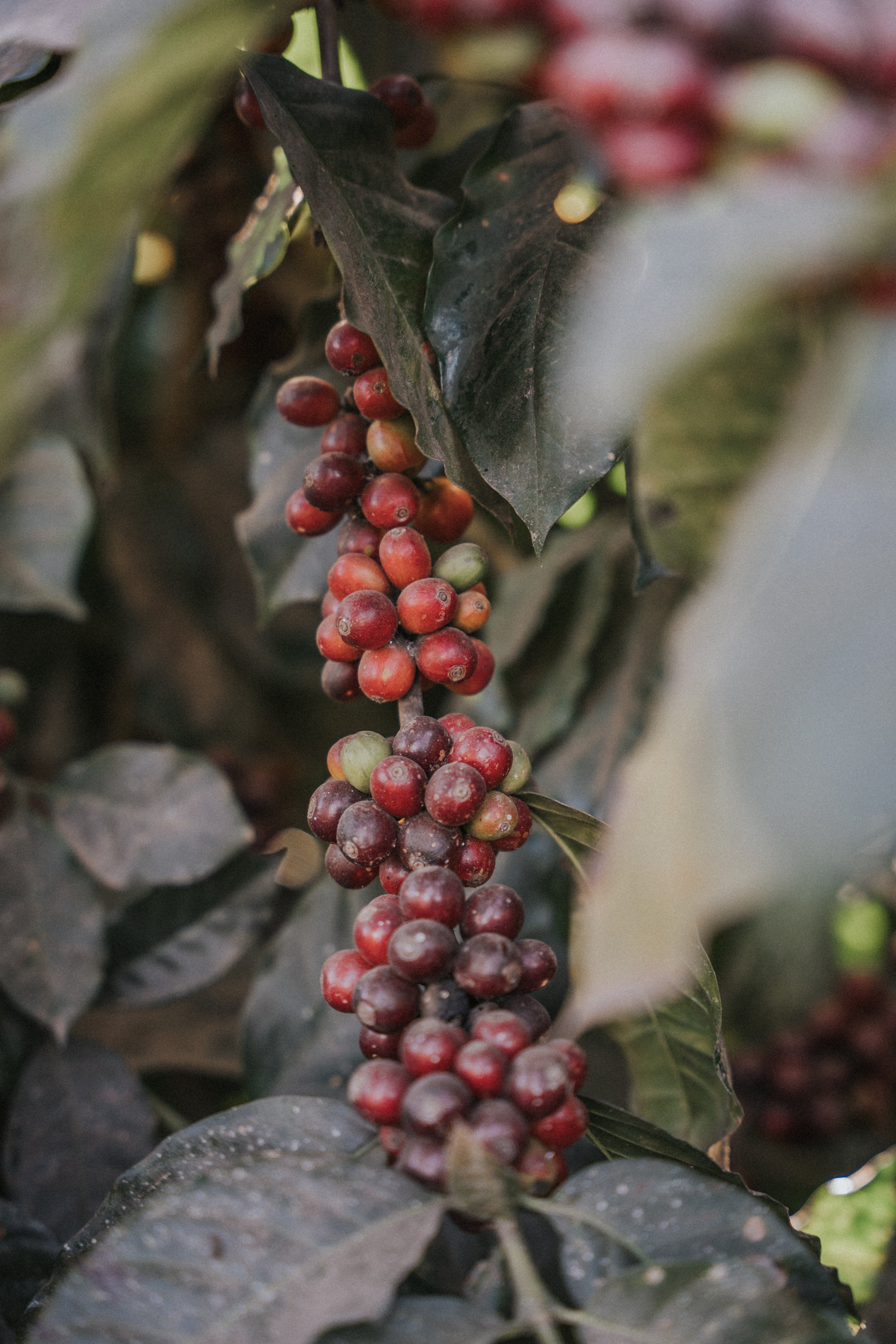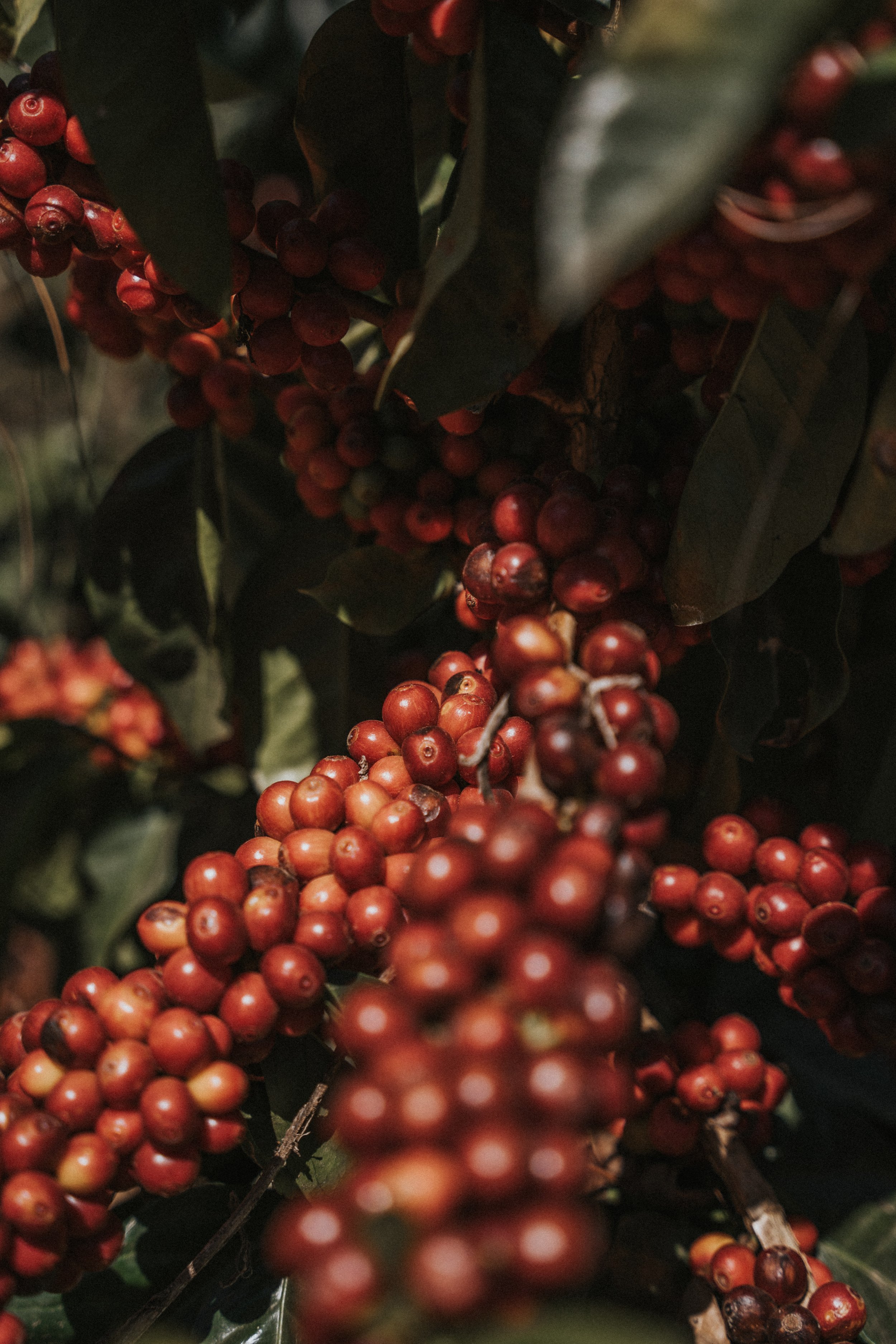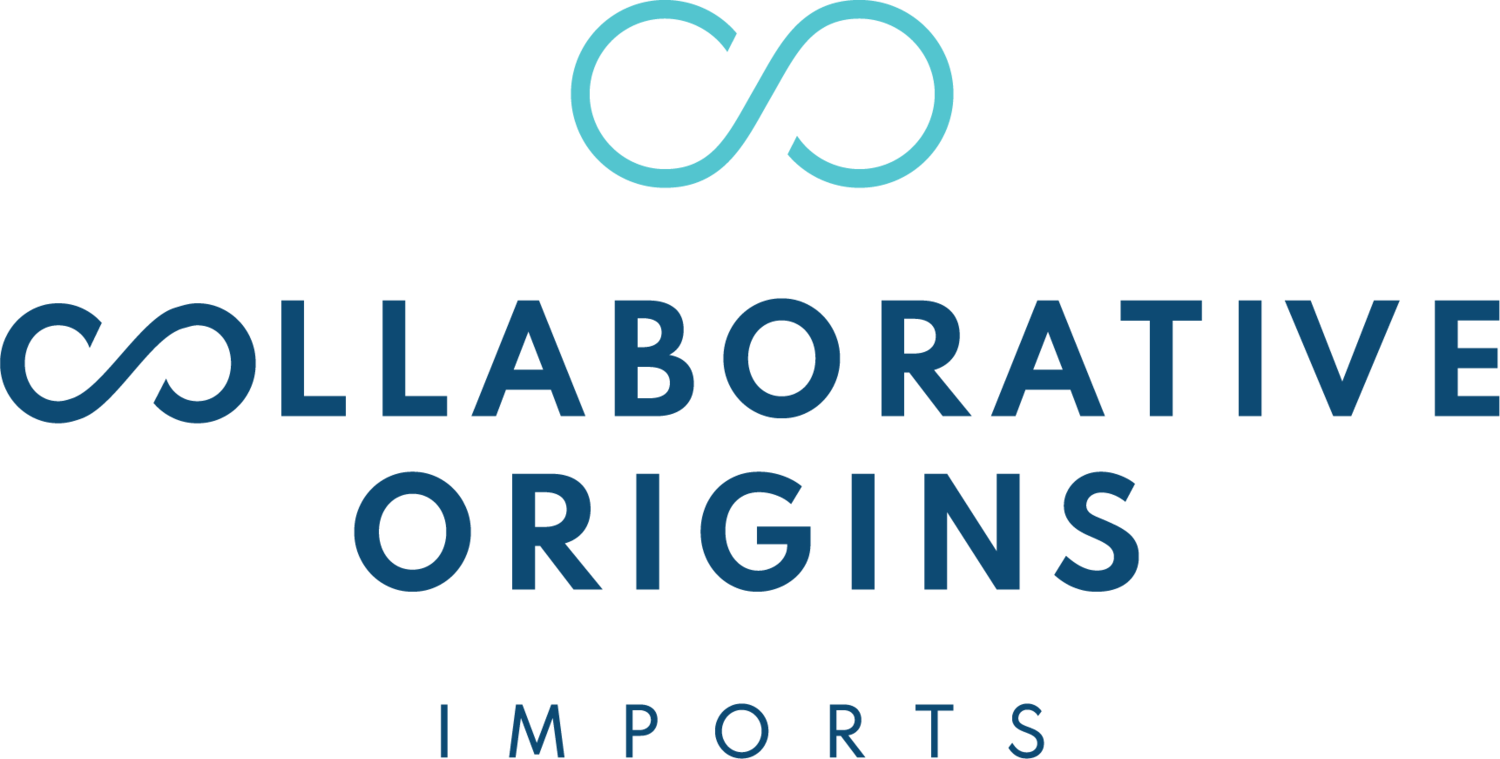
Finca La Hermosa Cooperative Organic Reserve
Updated - 1/31/2024
Lot Info:
Producer(s):
Max Fernando Pérez Ríos/La Hermosa Cooperative
Region:
Acatenango, Guatemala
Process:
Fully Washed, Dry Fermentation, Patio & Mechanically Dried 15+ European Preparation
Elevation & Varietals
+1,500m Multi-Varietal
Cupping Notes:
Mandarin Orange, Great Complexity & Mouthfeel. Dark Dates, Fig, Orange. Slight Strawberry with Warm Honey Sweetness. Ripe Pear/Applesauce Acidity as it cools. Baked Apples.
Availability:
+96 - (69KG) Bags Houston Dupuy
On our last trip to Guatemala, we got to visit with Max and his wife Claudia longer than we’ve done on previous trips. It was great to learn more about Max’s family, their current work, and their vision for the future. All of which, tie into this lot.
Market access is a really big and important theme behind sourcing coffees in general and behind Guatemalan Coffees in particular. The majority of coffee in Guatemala (+60%) is produced by small-to-medium scale producers; who often don’t have access to wet mills or have the licensing/permission to export/market their own coffees. This often creates a scenario where those that have, tend to receive more opportunities, better prices, and access to more resources; versus those that don’t.
As a way to disrupt this scenario that’s very common in Guatemala, Max & Claudia formed a cooperative type organization where they’re able to utilize their farm’s branding and roaster relationships as a way to advocate and create better market opportunities for small-to-medium scale producers through their farm. And this is that lot!
This lot comes from 52 local producers that deposited their cherries into Max’s wet mill. Max and Claudia have done an amazing job at not only communicating quality expectations but also helping producers produce the level of specialty-grade coffees they’re looking for by supporting them with organic fertilizers. With overall better plant health, it helps to allow the cherries to reach optimal levels of maturation and bean density development. Often times farms have maturation requirements but not many farms work alongside producers helping to resolve the root issue which is often plant nutrition.
This not only helps produce a healthier plant, better-developed cherries, and better coffee, but it also helps the plant ward off diseases like leaf rust for example. I can go on about the agronomy side of things but the point I’d love to share here is that better relationships often create scenarios where coffees improve as a result.
This cooperative lot is exactly that. A coffee that’s farmed well, harvested well, processed well, and supported year after year, while also providing a more profitable market avenue/access for small-to-medium scale producers.
Reach out if you’d like to learn more!



